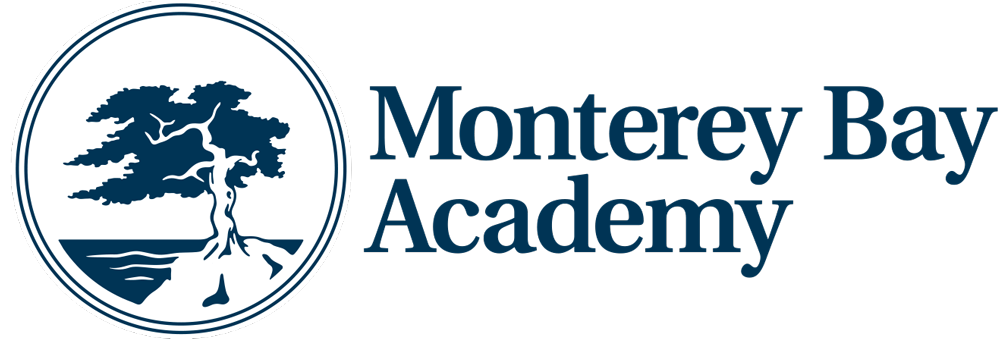What Is A College Prep School?
There are many high schools today that claim to be a college prep school. This term can be quite vague as it can mean different things to different schools. Not every school prepares students for college, although it may have a college prep school label. How are these types of schools extraordinary, and what makes them truly “college prep”?
The main difference in a college prep school and an ordinary high school is how it presents courses and the level of intensity these courses provide.
College preparatory courses are for students who desire a challenge and more stringent academic requirements. The quality of coursework and achievement expectations are often much higher. When a student takes a load of college preparatory courses, they are typically showing their dedication to work toward fulfilling requirements that will help him with college entrance.
A school may offer college preparedness by taking advantage of a student’s high school years to build them up for the real world. Often, counseling courses are offered, assisting students with graduation requirements. Additionally, there is a strong focus on the notion of college, which is front and center. Frequently, college preparatory schools will help students to gain a head start on their college career by helping them to earn college credit while still in high school.
Researching potential colleges of interest and taking time to visit these colleges is also crucial. Part of the college readiness focus includes taking students on tours of college campuses so that by graduation, students have visited many schools. There is no question of whether students will attend college. College preparation is the central focus in these types of schools.
It’s okay to be curious about what a college preparatory status means to each particular school. The best way to find out is to do your research and to ask questions.
Schools understand that parents are naturally inquisitive about their school as well as their curriculum. Asking those pertinent questions that will affect your student, shows how deeply you care.
Here are a few questions you may want to ask college prep schools to ensure the credibility of college prep status:
Which colleges and universities do graduates attend?
You may want to find out if graduates move on to four-year universities or community colleges, and which colleges accept them. You may also ask if they keep stats on whether those students graduate from college. These statistics will show how well the school is at preparing students for the rigors of college.
Do students receive proper support for the college transition?
Transitioning into college means that students will need to learn to manage on their own. A thorough college prep program should support students without holding their hand. At this stage in their lives, they ought to make the right decisions for themselves. A school that supports this natural transition from adolescent to young adult independence is beneficial.
Does the school offer AP or honors courses?
The College Board (the makers of the SAT) have created a program that allows high school students to earn college credits. AP (advanced placement) courses are college-level curricula courses and exams offered to high school students. American colleges and universities may grant placement and class credit to students who obtain high scores on the examinations.
Because there is little oversight with how courses are designated, parents should ask how challenging these courses are for students. A college preparatory designation on its own does not necessarily mean the school offers challenging classes for your student. You may also want to find out how many students enroll in AP or honors courses and eventually take the AP exams.
How do students perform on their ACTS or SATs?
College prep schools continuously remind and thoroughly prepare students on how to take these tests. Students are given vital information on where to take ACTs and SATs and how to study for them. These schools also provide test prep classes throughout the school day for the student’s convenience.
In summary, if you are considering college prep school, make sure the school offers a curriculum to help your student tap into their interests. A program that is well rounded and provides a plethora of activities well suited to your student’s interests can also be a significant boost. A high GPA and high test scores do not mean academic success. Make sure your student can reach their final goal as a result of the curriculum.

